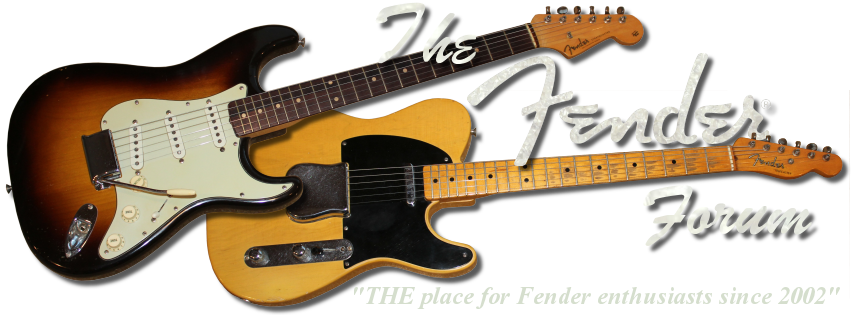Need me some help, if you could be so kind.
Recently, I've been flirting with some Jazz numbers, etc. I've got a good handle on some new patterns, chords, but when I got use some of my trusty scales, they just don't fit...
Please point me in the right direction..




 Reply With Quote
Reply With Quote



 It's really nothing more than a reference, it is of course a diminished scale. G7-9=Ab dim for example, start on the G and go HW or start on Ab and go WH. Jazz players know that it's different than mixolydian. We learned it that way in class just to keep our thinking straight!
It's really nothing more than a reference, it is of course a diminished scale. G7-9=Ab dim for example, start on the G and go HW or start on Ab and go WH. Jazz players know that it's different than mixolydian. We learned it that way in class just to keep our thinking straight!









